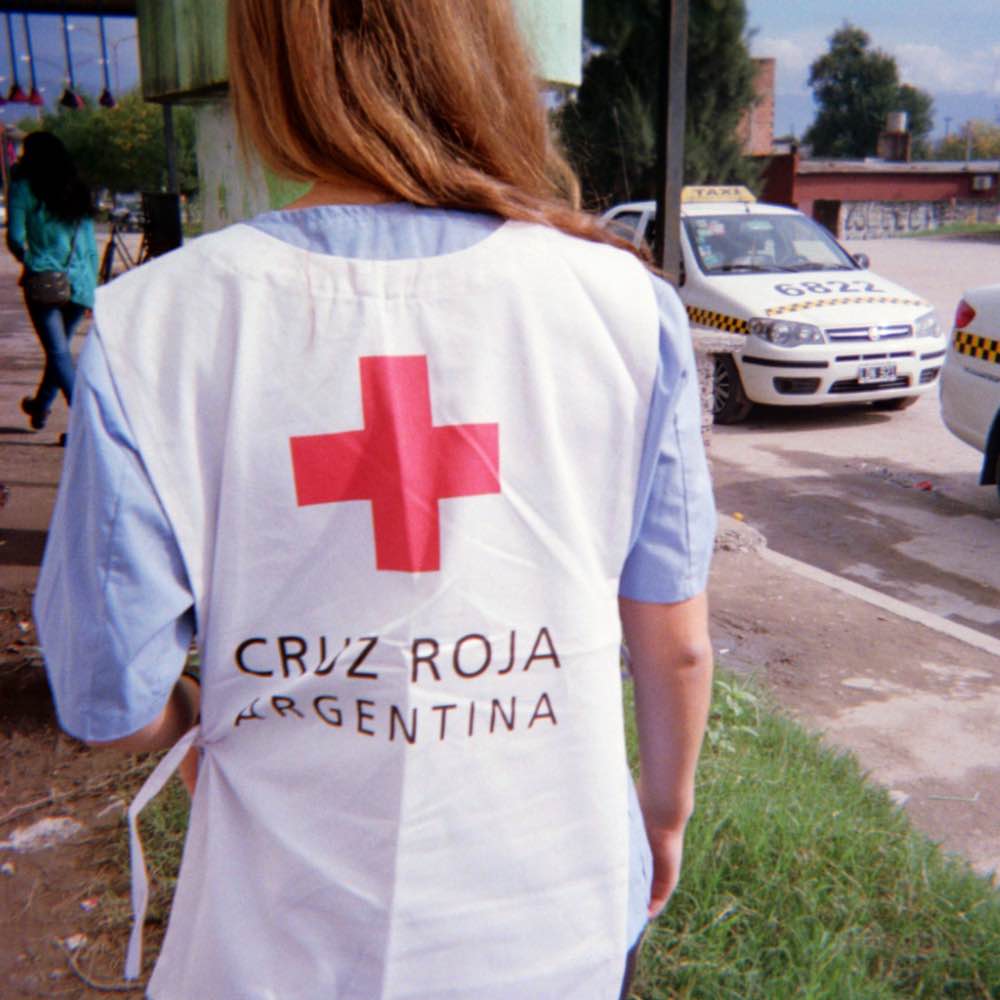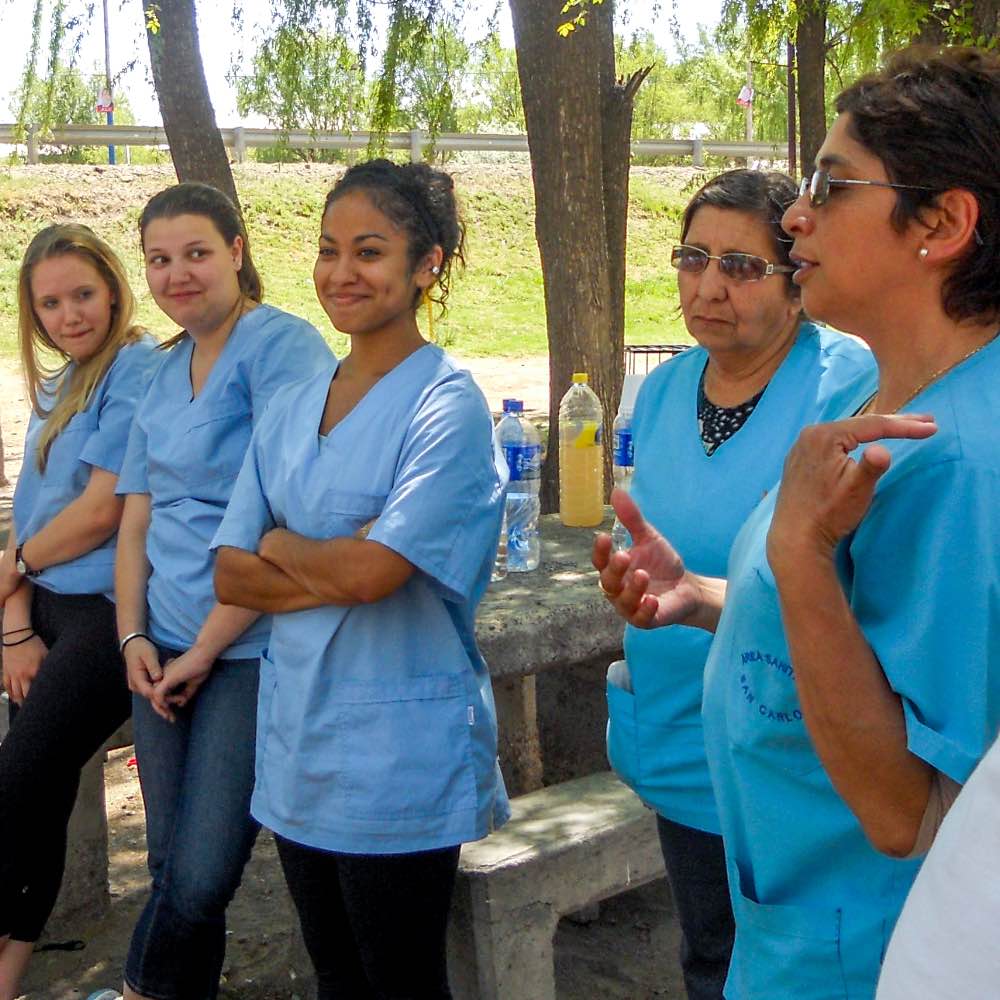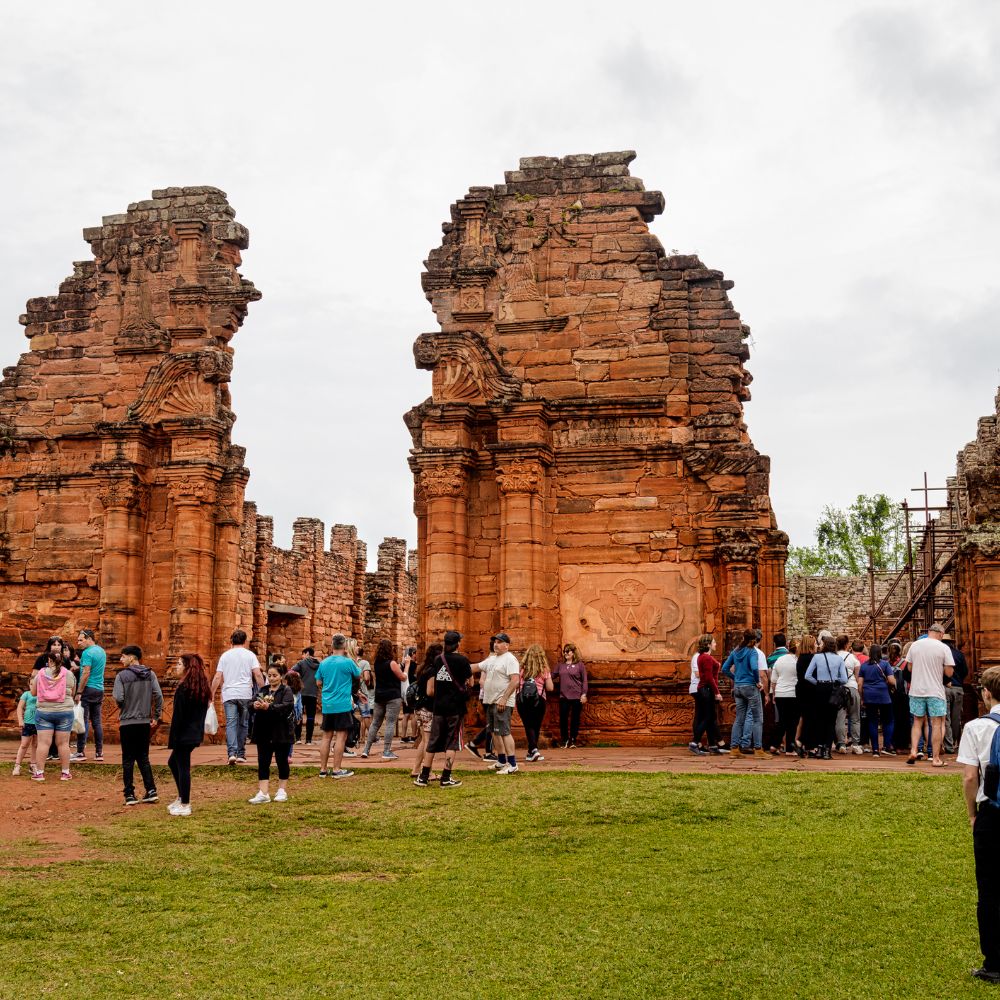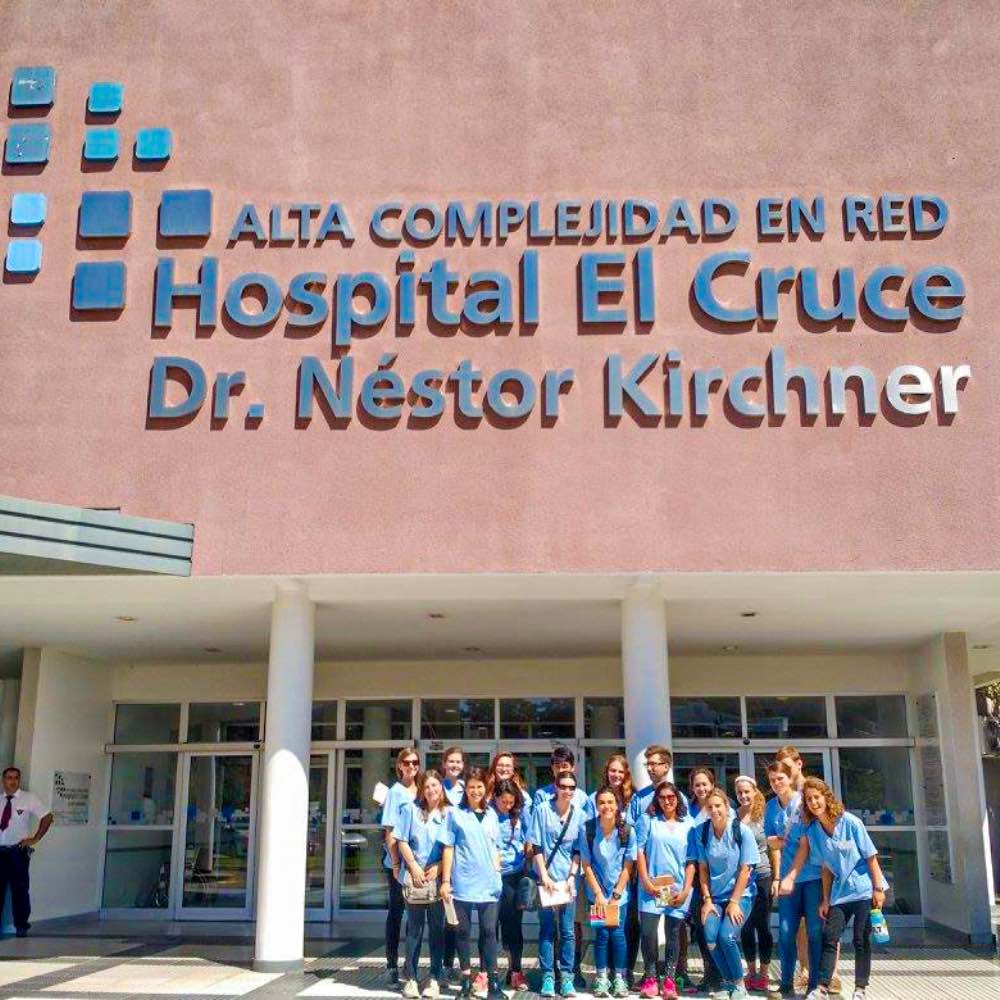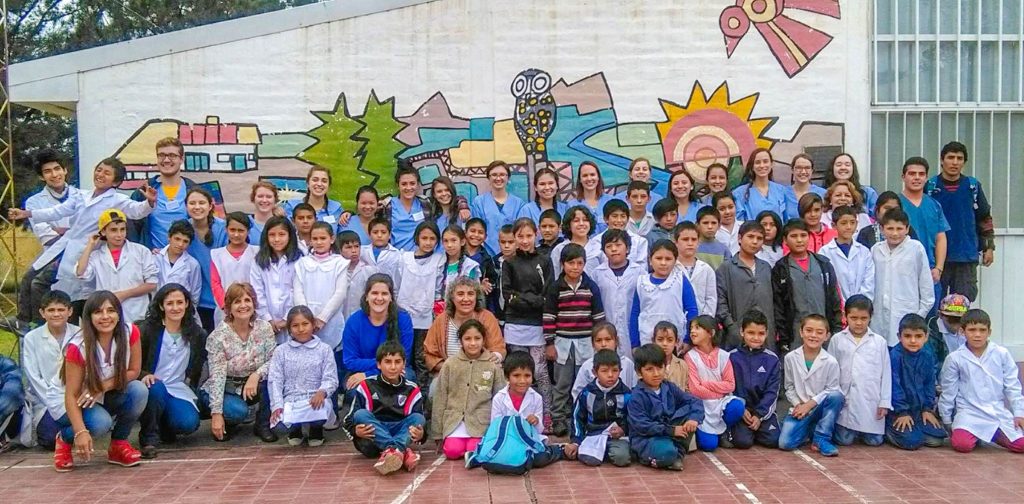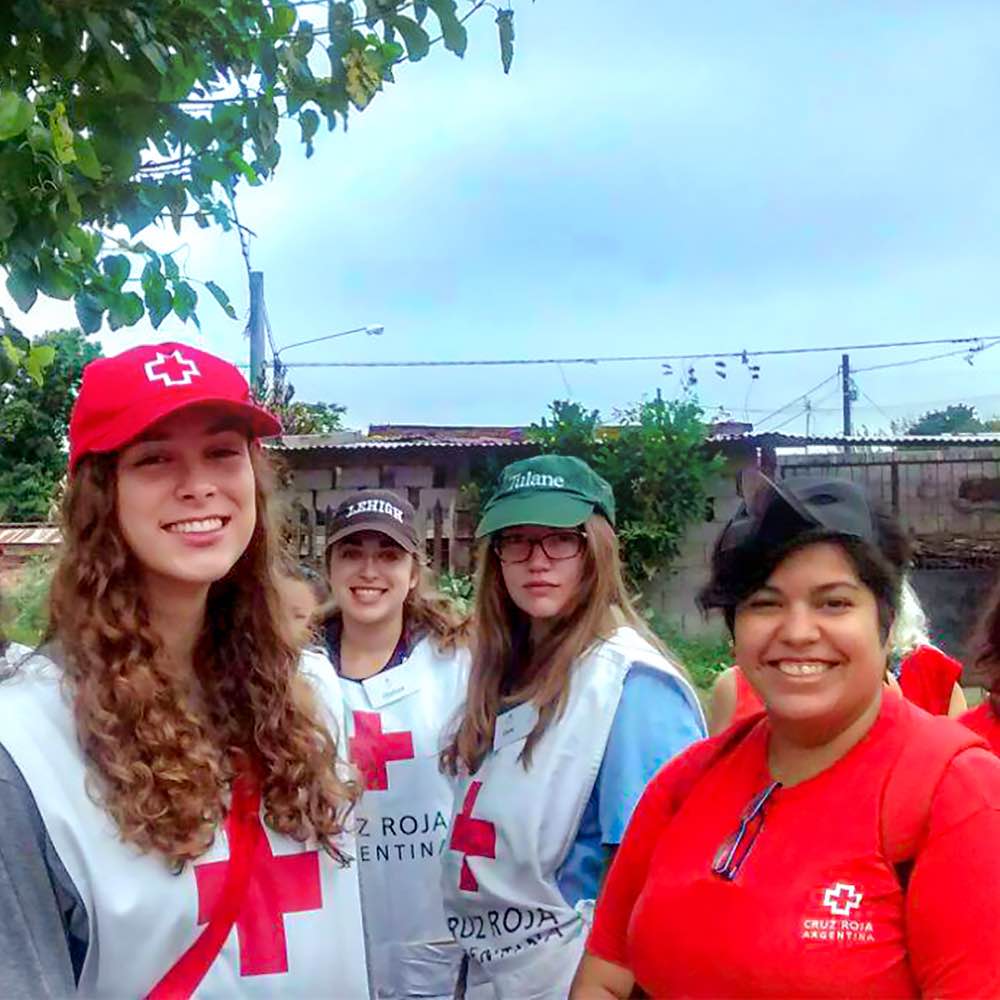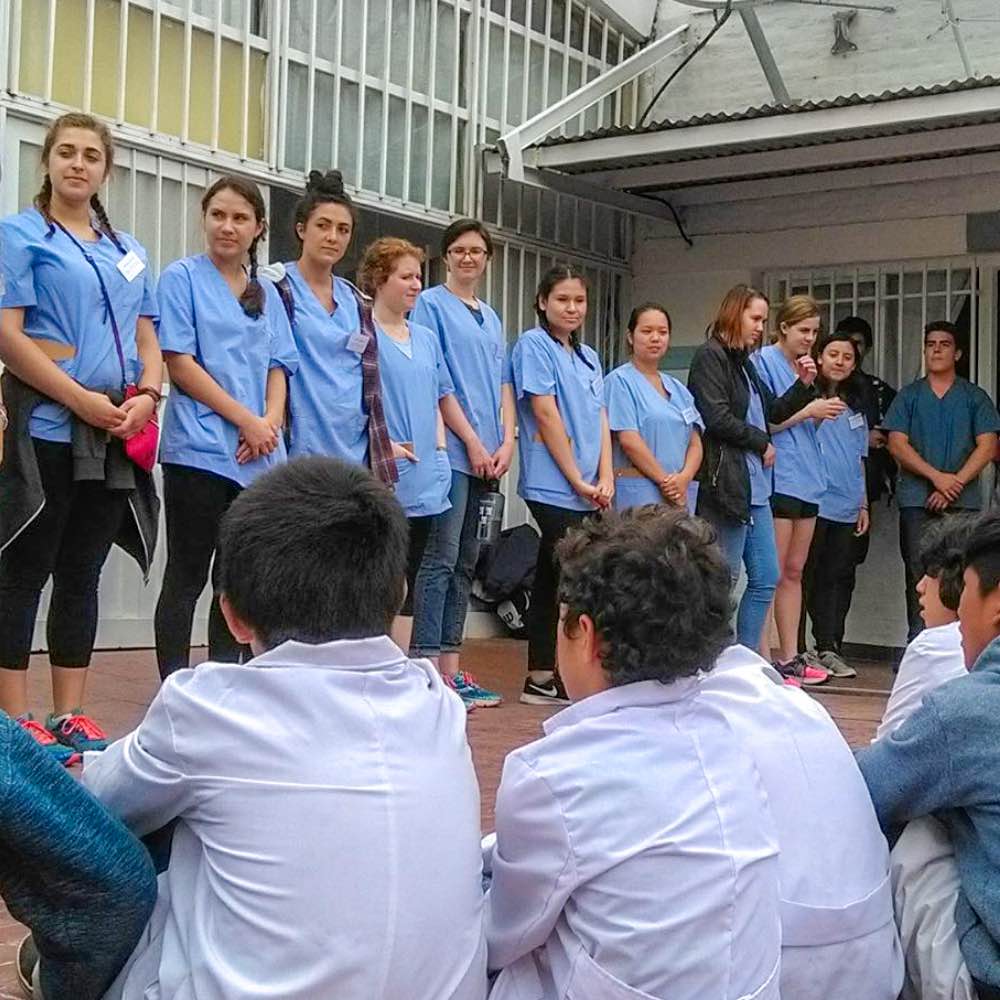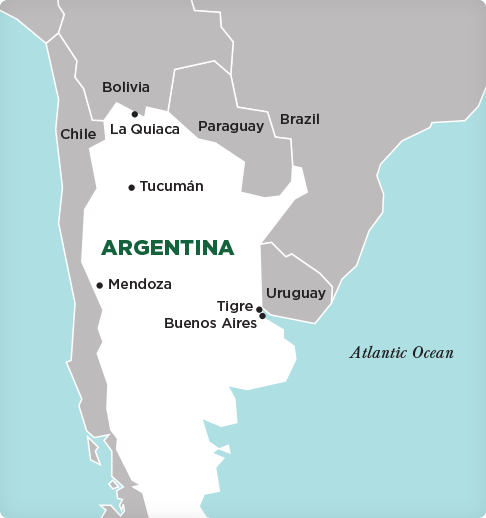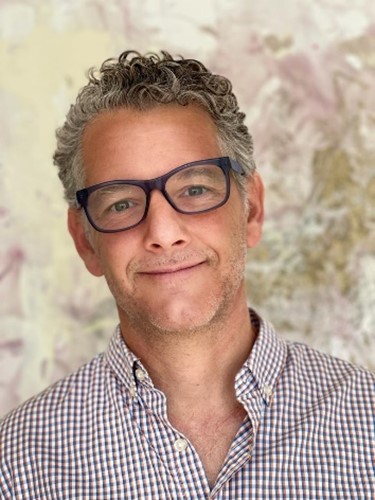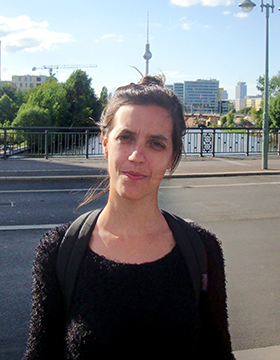Overview
Why study abroad in Argentina?
In the capital of Buenos Aires and its surrounding areas, you will explore how Argentina’s healthcare system is organized by interacting with professionals and experts and examining the national Ministry of Health’s stewardship of the system. You will visit a variety of providers, from small community healthcare centers to the largest and most complex pediatric hospital in the country.
Excursions to the provinces of Mendoza and Misiones will provide an opportunity to compare healthcare services and systems in different areas. In Mendoza, a resource-rich province bordered by the Andes Mountains, learn about using primary healthcare to improve access to health services. You will visit different types of primary healthcare centers in urban and semi-urban settings and learn about “health agents” who work to establish bridges between communities in semi-rural areas with health services.
In Misiones, an impoverished northern province bordering Brazil and Paraguay, you will learn about the role of social and community organizations in promoting the health of marginalized populations, such as Indigenous communities and urban settlements. You will analyze the efforts and contributions of civil society in the field of healthcare and its articulations with the state. Misiones is also home to Iguazú Falls, a UNESCO World Heritage Site, which you will have the opportunity to explore. You will also learn Spanish language skills related to public health issues and practice through daily interactions with lecturers, healthcare practitioners, and host families.
Highlights
- Study in the urban area of Buenos Aires, home to renowned health institutions.
- Examine significant social and economic disparities in health.
- Benefit from SIT’s partnership with important health institutions and professionals throughout Argentina.
- Learn Spanish with a focus on public health.
Prerequisites
Three recent semesters of college-level Spanish or equivalent and the ability to follow coursework in Spanish, as assessed by SIT. At least one college-level course in public or global health, medicine, nursing, development studies, anthropology, sociology, psychology, community development, environmental science, social sciences, or other related fields recommended but not required.
Find this program on social




